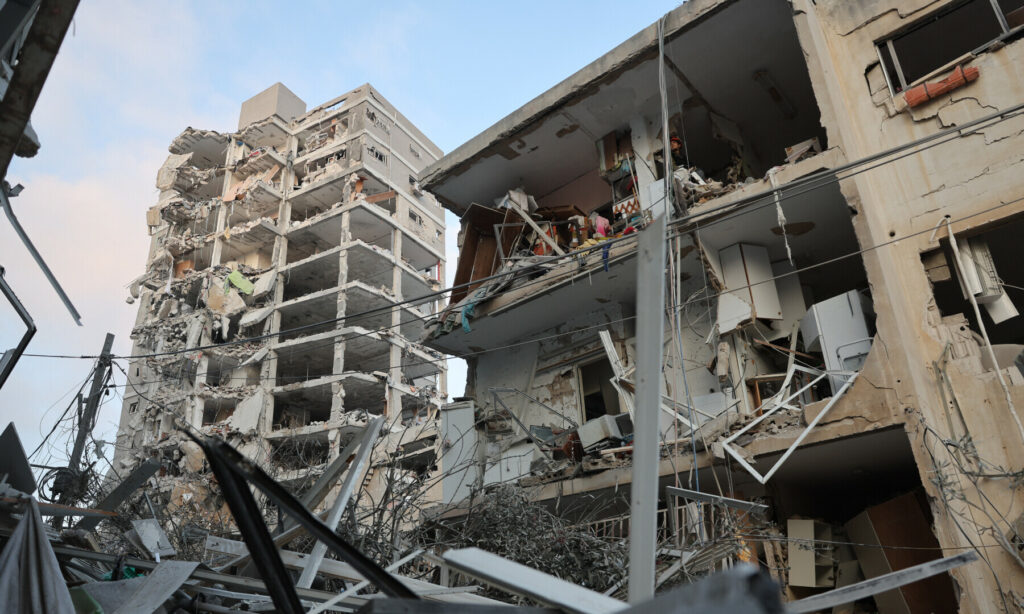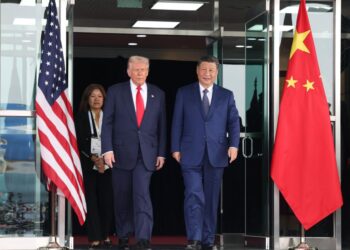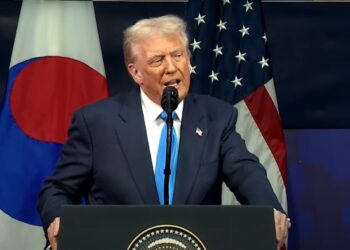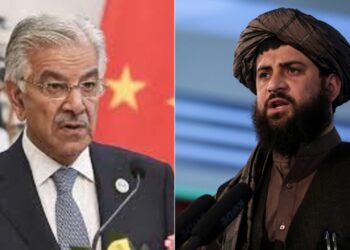Israel is targeting Iran’s South Pars gas field
and Tehran retaliated with heavy missile
and drone strikes across Israeli cities
Web Desk

Tehran/Jerusalem: The conflict between Israel and Iran intensified over the weekend after both nations launched a new wave of attacks, with Israel targeting Iran’s South Pars gas field—one of the largest in the world—and Tehran retaliating with heavy missile and drone strikes across Israeli cities.
Israel Hits South Pars Gas Field, Escalates Offensive
On Friday, Israel expanded its military campaign beyond nuclear and military installations to strike Iran’s key energy assets, hitting the South Pars gas field. Iran confirmed that production at the field, which it shares with Qatar, was partially suspended after the attack caused a fire in one of the units.
The gas field accounts for a major share of Iran’s domestic supply. While the fire has since been extinguished, the strike disrupted the production of 12 million cubic meters of gas.
Deadly Barrage as Tehran Retaliates
In response, Iran launched fresh missile and drone attacks late Saturday night. Sirens wailed in Jerusalem, Haifa, and Tel Aviv, sending millions to bomb shelters. Explosions echoed through the skies as Israeli air defenses attempted to intercept incoming projectiles.
At least seven people were confirmed dead, including a 10-year-old boy and a woman in her 20s. More than 140 people were injured, with dozens still missing in Bat Yam after a missile flattened an apartment building.
Emergency crews worked overnight, combing rubble with dogs and flashlights in search of survivors. According to officials, over 300 people have been injured and at least nine killed since Iran began its counteroffensive on Friday.
IRGC Claims Precision Strikes, Warns of More
Iran’s Islamic Revolutionary Guard Corps (IRGC) claimed to have targeted Israeli air bases, fuel depots, and energy infrastructure. IRGC spokesperson Brigadier General Ali Mohammad Naeini stated that Iranian defense systems intercepted several Israeli cruise missiles and dozens of hostile drones.
He warned that future attacks would be “heavier and more extensive” if Israeli operations continued.
Houthis Join Fight, Target Central Israel
In a major development, Yemen’s Houthi rebels announced coordinated missile strikes on Jaffa, central Israel, claiming joint planning with Iran. Spokesperson Yehya Sarea stated the move was to support “the oppressed Palestinian and Iranian peoples.”
This marks the first time a regional group publicly confirmed operational collaboration with Tehran in the conflict.
Over 140 Dead in Iran; Children Among Victims
Iran’s death toll from Israeli strikes since Friday has climbed to nearly 140, including 29 children who died when a 14-storey apartment block collapsed in Tehran. The Shahran oil depot and a defense ministry building in Tehran were also hit, though officials said fires were under control and damage was limited.

US Bases Targeted, Trump Issues Stern Warning
Three drones were launched toward the Ain al-Asad base in Iraq, which houses US forces. All were shot down, and no injuries were reported. While no group claimed responsibility, the incident raised tensions further.
President Donald Trump distanced the US from Israel’s actions, posting on Truth Social that the US “had nothing to do” with the strikes on Iran. However, he warned Iran that if it attacked the US in “any way,” it would face retaliation “at levels never seen before.”
Germany, France, UK Offer Iran Immediate Talks
Amid rising fears of a wider war, Germany, France, and the UK have offered to open immediate nuclear talks with Iran. German Foreign Minister Johann Wadephul said negotiations could help de-escalate the conflict.
“This is a key step to ensuring Iran poses no threat to Israel, Europe, or the region,” Wadephul said in Berlin.
Iran Cancels US Nuclear Talks Amid Israeli Strikes
A planned round of US-Iran nuclear talks in Oman was canceled after Iran said negotiations could not proceed while under Israeli bombardment. Iranian Foreign Minister Abbas Araqchi described the strikes as “barbarous.”
Israeli Prime Minister Benjamin Netanyahu, meanwhile, said the campaign would continue, claiming it had already set Iran’s nuclear program back by years. He urged Iranians to rise up against their government.
Global Oil Markets Shaken
While Israel initially avoided Iran’s oil facilities, the attack on South Pars led to a 9% spike in global oil prices on Friday. Iran has also hinted at reviewing the closure of the Strait of Hormuz, a critical waterway for global oil supply.
Growing Regional Fears
Rights group B’Tselem criticized the Israeli government for escalating to full-scale war without exhausting diplomatic options. Iran, for its part, warned that foreign military bases aiding Israel would be legitimate targets.
The UN’s IAEA recently noted Iran was not pursuing a nuclear weapon before the conflict, but now both sides seem locked into a path that threatens to pull in wider regional and global powers.






















